Right after the company announced the new Tegra X1 mobile SoC at a press conference in Las Vegas, Nvidia's CEO, Jen-Hsun Huang, went on to announce the company's plans in the automotive space.
Research and publish the best content.
Get Started for FREE
Sign up with Facebook Sign up with X
I don't have a Facebook or a X account
Already have an account: Login
Get weekly or monthly digest of all posts in your inbox: https://fmcs.digital/wim-subscribe
Curated by
Farid Mheir
 Your new post is loading... Your new post is loading...

Francois Naude's curator insight,
July 19, 2015 4:41 PM
The impact of this on procurement may be immense. This is an area to watch.

Farid Mheir's comment,
May 25, 2015 3:10 PM
@Carol Bently thank you and pleas recommend my topic if you can!

Farid Mheir's comment,
May 26, 2015 7:21 PM
@Russell R. Roberts, Jr. thanks for the great comments and editorial, I always appreciate reading your insights as they bring much value to the posts.

Farid Mheir's comment,
May 23, 2015 10:09 AM
thank you @Russell R. Roberts, Jr., @Heather Teegarden for the rescoops and kind words. Please feel free to recommend my topic!

Farid Mheir's comment,
May 25, 2015 3:16 PM
Merci @Richer Fortin. Merci de recommender mon topic si tu peux!

Marteq's curator insight,
March 12, 2015 7:42 PM
Litmus would know, and they see more email campaigns than anyone else. BTW: you subscribe to Litmus, don't you?

Jean-Marie Grange's curator insight,
March 12, 2015 1:19 PM
I like Starbucks' concept of ordering ahead service. Ordering your latte with one click on your phone while on your way to the shop is a great idea! |

Curated by Farid Mheir
Get every post weekly in your inbox by registering here: http://fmcs.digital/newsletter-signup/
|






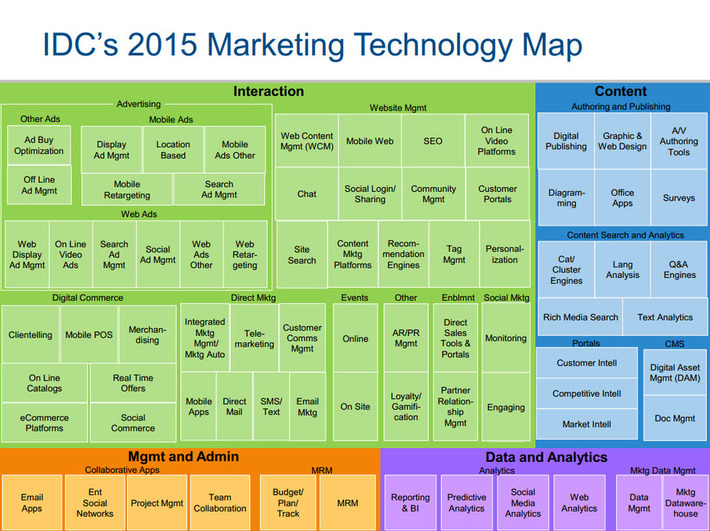

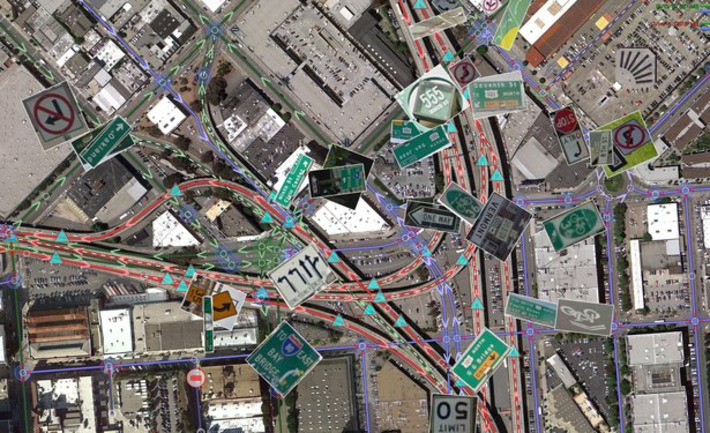
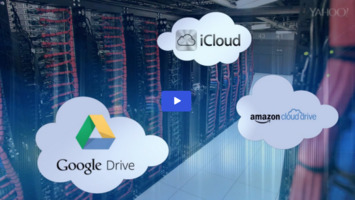
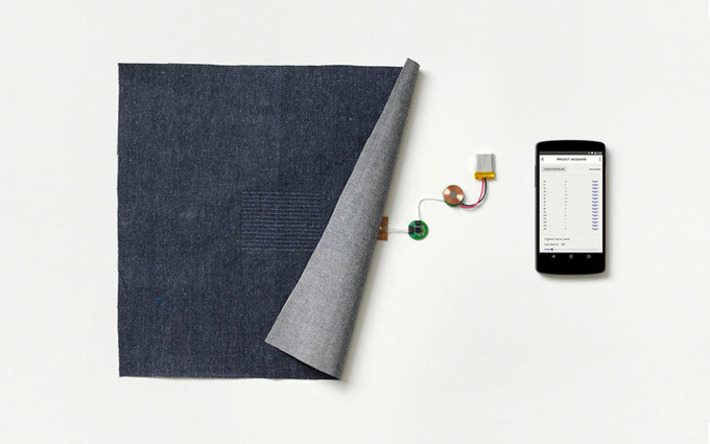

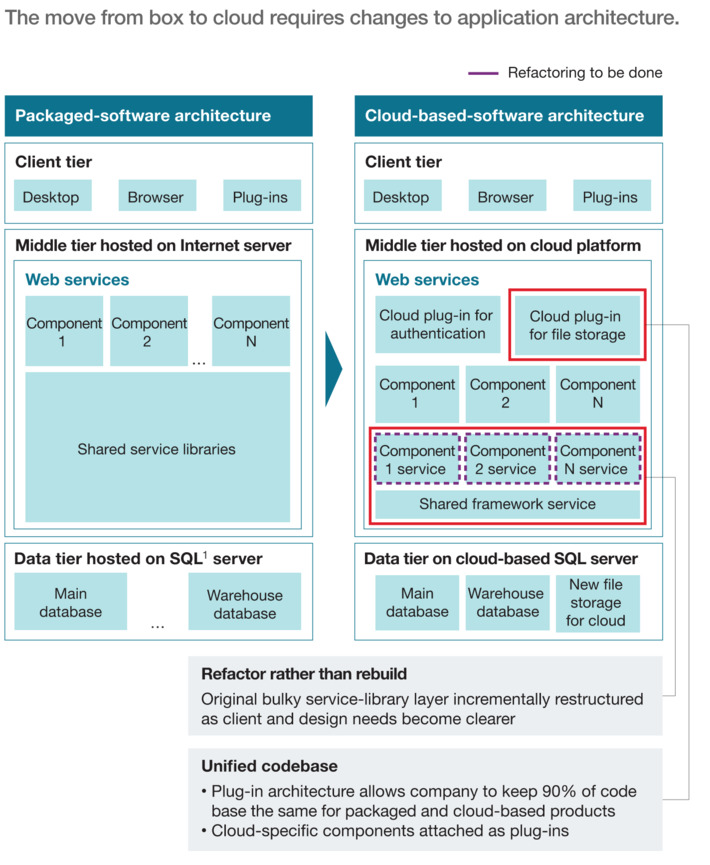
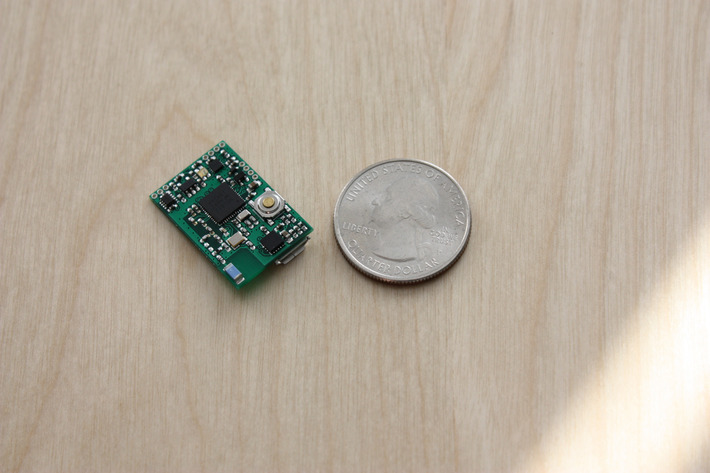
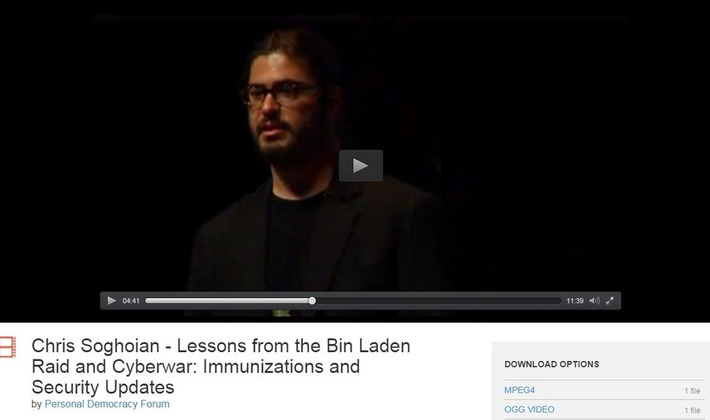

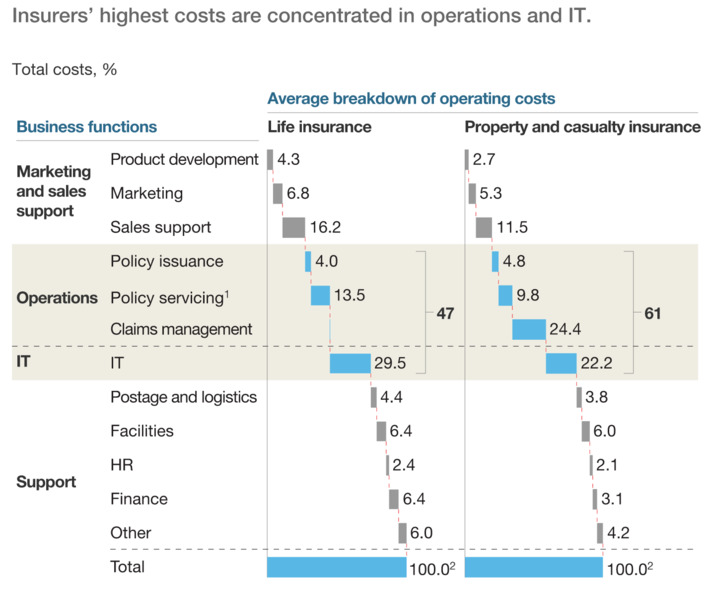
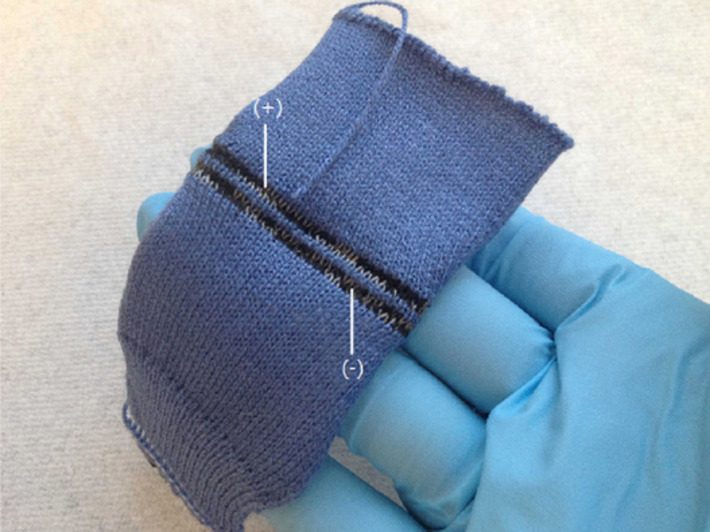

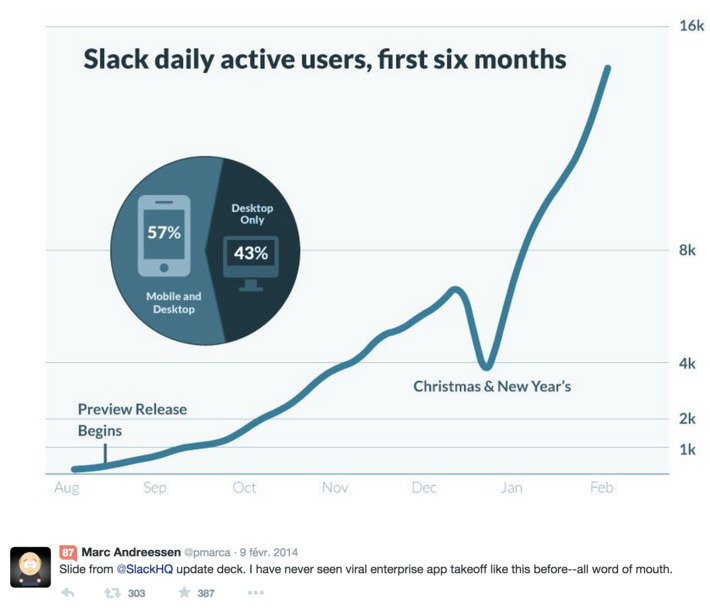
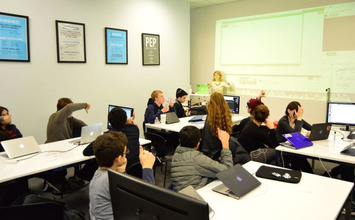

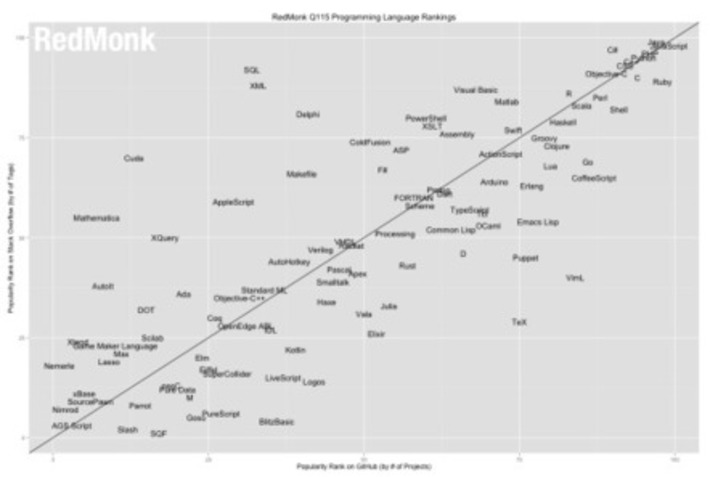
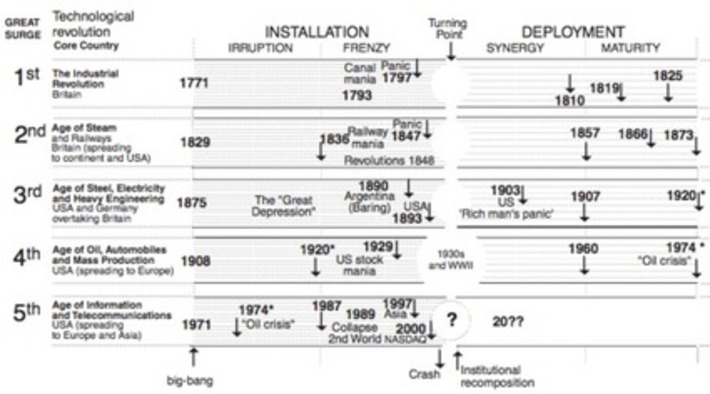

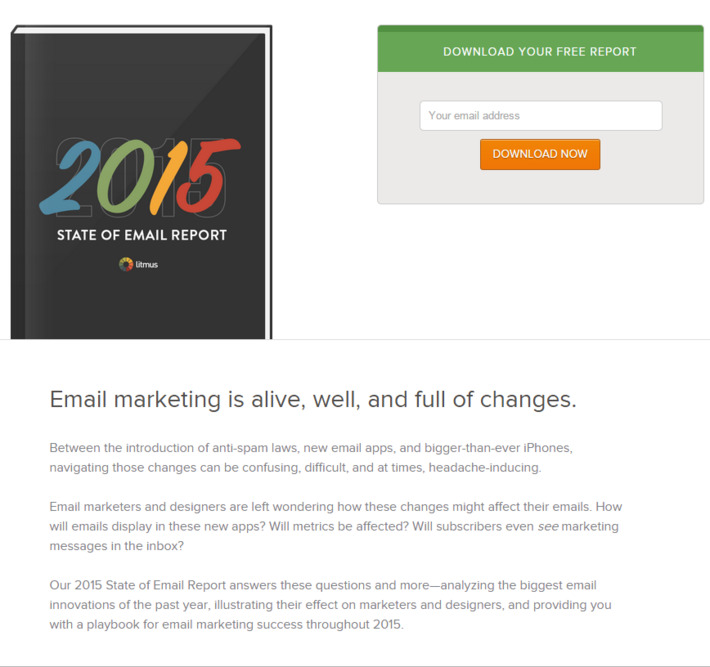
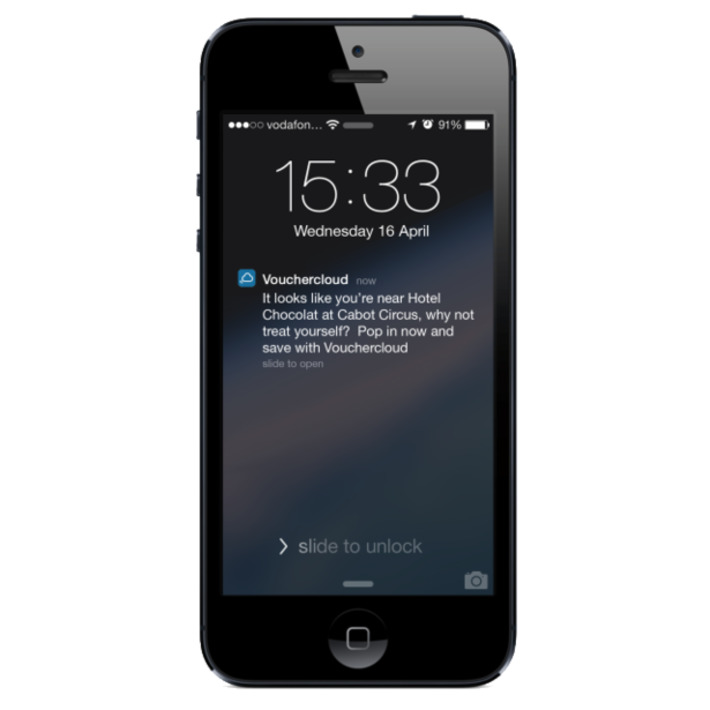

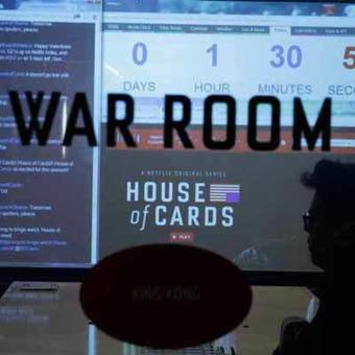









Having powerful vision processing is essential to allow self driving cars autonomy.
WHY THIS IS IMPORTANT
Very powerful but cheap vision processing are coming. They are targeted at self driving cars because of the high volume potential but any other industry will be able to leverage this power for artificial vision.